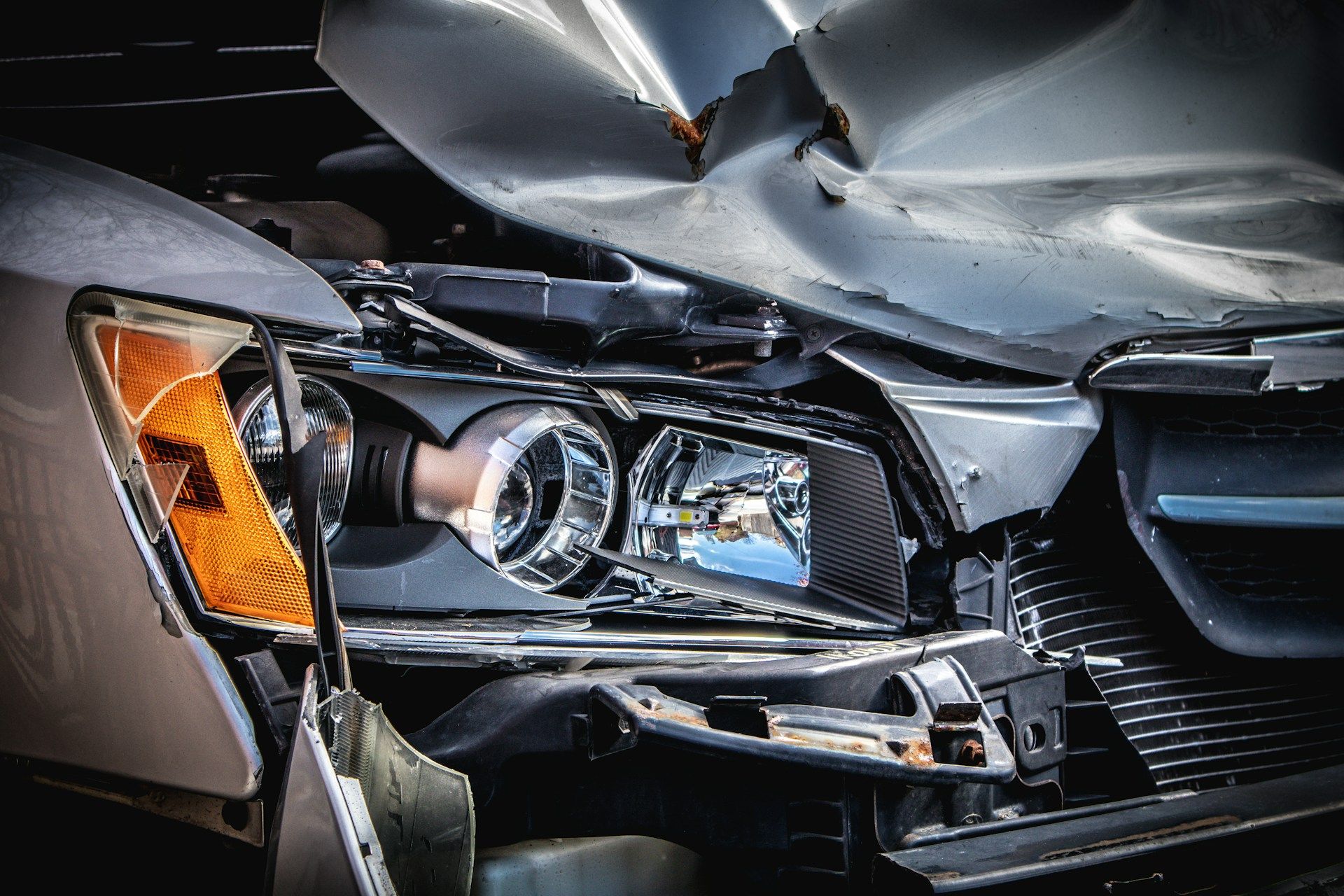Proposition 213: The Basics
In 1996, Californian voters passed Proposition 213 (“Prop 213”), which is also known as the Personal Responsibility Act. Prop 213 has had a profound effect on the recovery California drivers can receive for injuries sustained in an auto accident. In effect, Prop 213 prohibits drivers who are driving drunk, without insurance or committing a felony at the time of the auto-related injury from pursuing noneconomic damages in subsequent personal injury lawsuits. Noneconomic damages are commonly known as damages for “pain and suffering,” and include compensation for physical impairment, disfigurement, and loss of consortium. These sorts of damages do not have a precise, quantifiable dollar amount tied to them, unlike one’s medical bills or lost earnings.
Thereafter, the California legislature codified Prop 213 as Civil Code sections 3333.3 and 3333.4. Specifically, Civil Code 3333.3 applies drivers who are injured while committing a felony:
In any action for damages based on negligence, a person may not recover any damages if the plaintiff’s injuries were in any way proximately caused by the plaintiff’s commission of any felony, or immediate flight therefrom, and the plaintiff has been duly convicted of that felony.
Civil Code section 3333.4 contains similar language and applies to persons driving without insurance or driving drunk at the time of the incident. Indeed, one major purposes of Prop 13 was to lower insurance premiums in California by reducing insurance companies’ liability for certain types of crashes. (Valentich v. United States [Prop 213 limits claims for those who contribute nothing to the insurance pool].) Over the 25 years since Prop 213 was enacted, California courts have helped defined the contours of the law. Indeed, it has been a controversial law and has withstood numerous constitutional challenges including those brought under the First Amendment, the Due Process Clause and the Equal Protection Clause. In fact, California courts interpreting Prop 13 have done so broadly.
For example, in Day v. City of Fontana, an uninsured motorcyclist was injured after colliding with a car while driving on a public roadway. The motorcyclist sued the City of Fontana, amongst other defendants for his injuries. The motorcyclist’s theory against the city was that the city had allowed vegetation at an intersection to become overgrown, thus blocking the motorcyclist’s sight lines. However, the trial Court refused to allow the motorcyclist to present evidence related to his noneconomic damages at trial. The Court of Appeals ultimately agreed, finding that Prop 213 applied to the motorcyclist. Importantly, Day v. City of Fontana is a reminder to all drivers, motorcyclists included, that they should always carry insurance while driving.
Another example of the broad scope of Prop 213 is exemplified by Honsickle v. Superior Court. In Honsickle, the driver had attempted in good faith to obtain insurance but was denied by the insurance carrier. Thereafter, the driver was injured in a vehicle crash. The driver attempted to obtain noneconomic damages and argued that he had made a good faith attempt to obtain insurance. However, the California Courts did not agree. Instead, the California Court of Appeals confirmed that there is no “good faith” exception to Prop 213. This means that a driver must be covered with liability insurance on the date of the accident in order to avoid Prop 213’s recovery limits.
This does not mean that Prop 213 is completely without exceptions. In fact, the express language of Civil Code section 3333.4 creates several exceptions. Specifically, 3333.4 allows an uninsured driver to collect economic damages from a driver who is subsequently convicted of a DUI during the crash and Prop 213 does not apply to passengers in an uninsured vehicle. Nor does Prop 213 apply to employees driving company vehicles that the employer failed to insure. Another important exception to Prop 213 is when a driver of a vehicle had insurance on a different car, but the vehicle involved in the auto-accident was uninsured and owned by another person.
Ultimately, it is important for every California driver to understand the basics of Prop 213. It has had the unfortunate effect of prohibiting indigent drivers who cannot afford insurance from collecting the full value of their personal injury auto claims. If you or a loved one are involved in a crash there may be additional legal complexities due to Prop 213 that require the knowledge and expertise of an attorney. The lawyers at MKP Law Group, LLP have years of experience working with persons who are injured in all sorts of crashes, including those categories specifically identified by Prop 213. If you or a loved one was hurt in a crash, contact MKP Law Group, LLP online or call us at 310-285-5353 for your 100% free consultation today.


